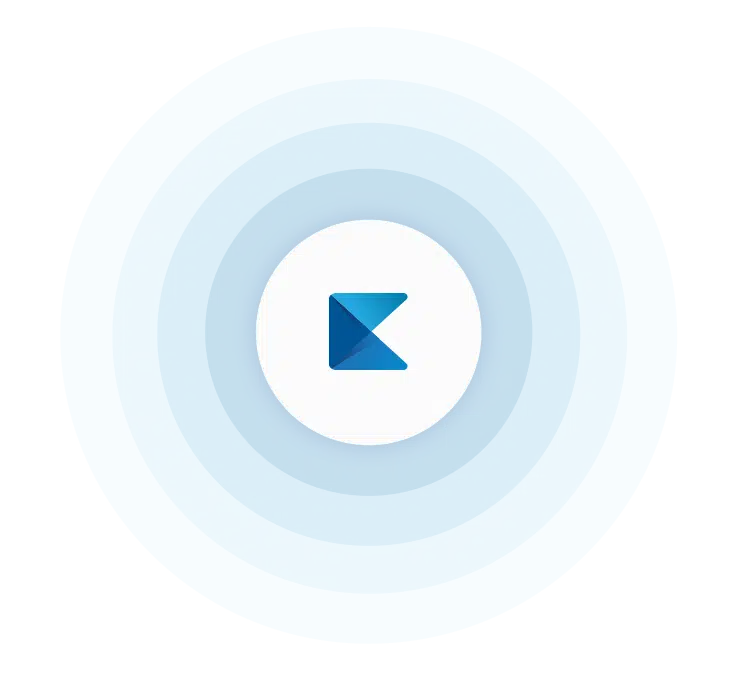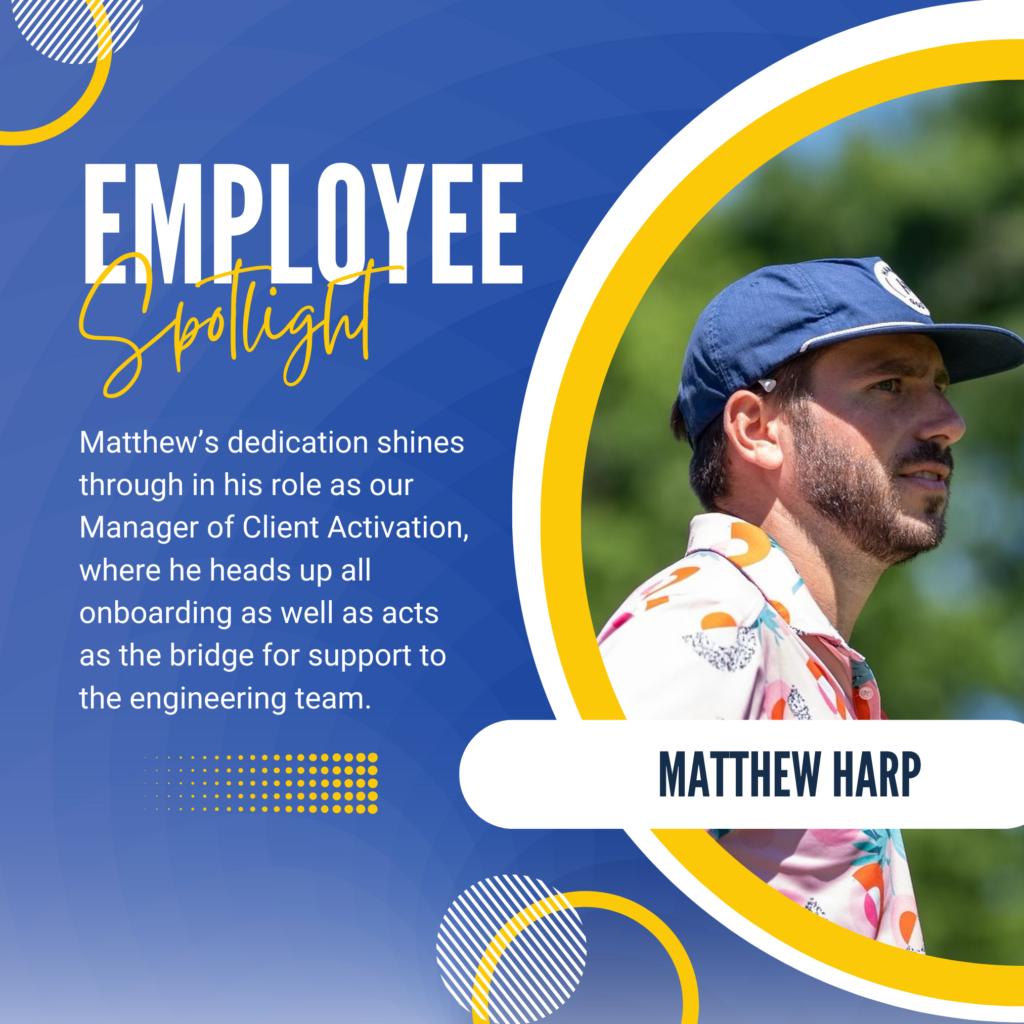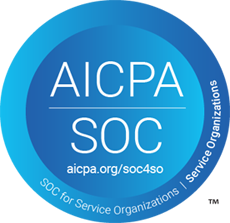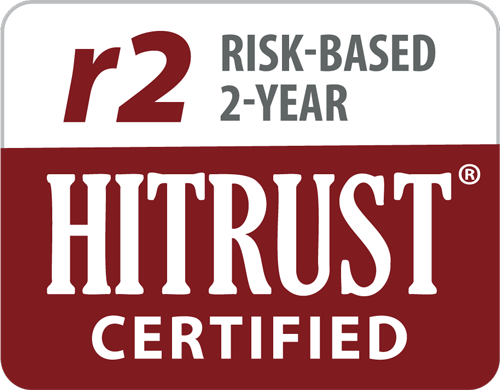Corey Washington, Director of Marketing at Zpaper recently sat down with Kno2 CEO Jon Elwell to discuss the evolving and highly important topic of interoperability in healthcare. During the conversation they grapple with several topics including advantages and obstacles associated with interoperability and the legislative pressure to electronically share patient information by 2024. One common theme came out of this interview – care givers should not have to worry about interoperability at all!
Watch the full interview or read the transcript.
Watch the full interview – 18 minutes
“Kno2 is a leader and innovator in the space of inoperability. Kno2’s mission is to solve interoperability for the healthcare industry and truly transform the way patient information is exchanged,” said Corey Washington. “Not only am I impressed by the people who work in future-focused vision of Kno2, I also value their joint commitment. Both of our organizations are transforming healthcare through connected experiences.”
Interview Highlights:
Care Givers Should Feel the Benefits of Interoperability Without the Worry
We’ve made serious strides with HITECH Act and Meaningful Use – now almost $40 billion in funding – and it’s setting us up for success. We still have some work to do, but we’re getting there. But I put the challenge on the technology vendors. The providers should just have the outcome.
Imagine what it takes to be a doctor. These are highly skilled individuals that went through years of training to be able to do what I consider a blend of art and science. And the more informed they are, the better they can perform their task.
They should just wake up, they’ve got a schedule patient today, they’re fully informed and they’re not spending this critical time asking these questions that they just got answered. They’re able to get straight to the issue the patient is most concerned about, their health.
And that’s why we need to focus on the outcomes to these providers, not the technology which solves it, or the standard, or the discussion about FHIR or C-CDA, HL7. Those are all important things for us to consider as technology vendors. I think the mistake is we’ve let that conversation (acronyms and exchange protocols) go too close to the provider.
We didn’t work with the banks to figure out how the ATM works. We just got the benefit of the ATM working. Much of the way we should think about a provider – They should just feel the benefit, but not get caught up in how we are solving it.
Respecting the Change we’re asking of Healthcare Providers
Consider the Information Blocking Rule that is now clearly defined and in place. I think the federal government has done a good job by putting a focus to it. Even though it’s really complex, at the end of the day, it’s a simple statement: Don’t block information, make it available.
Technology vendors have a lot of risks because the burden is on us to make sure their data is available and can be shared, and if not, we actual hold risk in that equation and must get this problem solved even faster.
During the process we have to respect the fact that provider, while antiquated, have had processes in place for the past 30 years. We are not only asking them to change, but in many cases, we are asking them to be prepared for the same information, like a referral for instance, to be shared 2, 3 somethings 4 different ways.
If you’re a well-funded health system with staff in place capable of helping guide and execute these deadlines and these capabilities backed by a very large EHR vendor that is well-positioned to serve them…that’s great! But what happens if you’re a single-doc practice or two-provider PT office, and you’re up against the same challenges and expectations, and you don’t have a staff to help you navigate requirements that are coming down?
Technology Vendors Need to Unlock Patient Information Exchange
Technology vendors have to step in and take accountability for the requirements put in place and unlock electronic patient information exchange. That’s why we’re a single threaded company. And that’s why Kno2 is so focused strictly on connectivity and enabling interoperability at scale – because this shouldn’t be the two-provider office trying to deliver excellent care to their patients while they’re trying to figure out information blocking and how to get the entire electronic record available.
There’s absolutely skin in the game now with these requirements. Now we’ve got to execute and do this on behalf of our providers. They didn’t go to school to be a technologist. They went to school to take care of us. And so, I think our responsibility to them, as technologists, is to solve these problems so they can focus on their craft.
To learn more about Kno2 and how we enable secure, effortless and maximized exchange of patient information, contact us.







